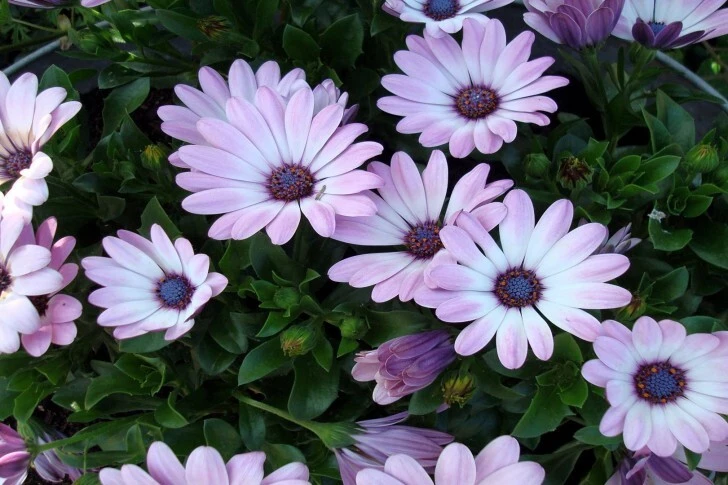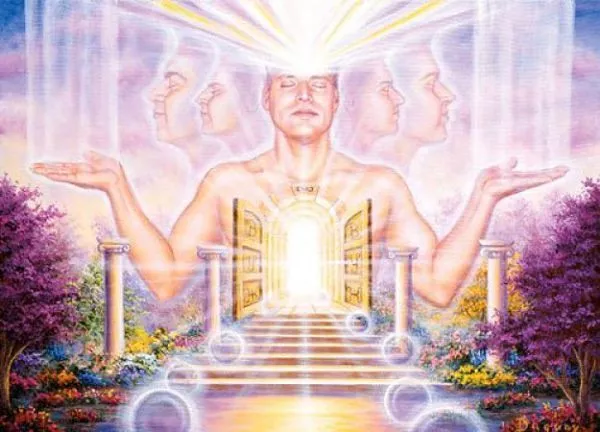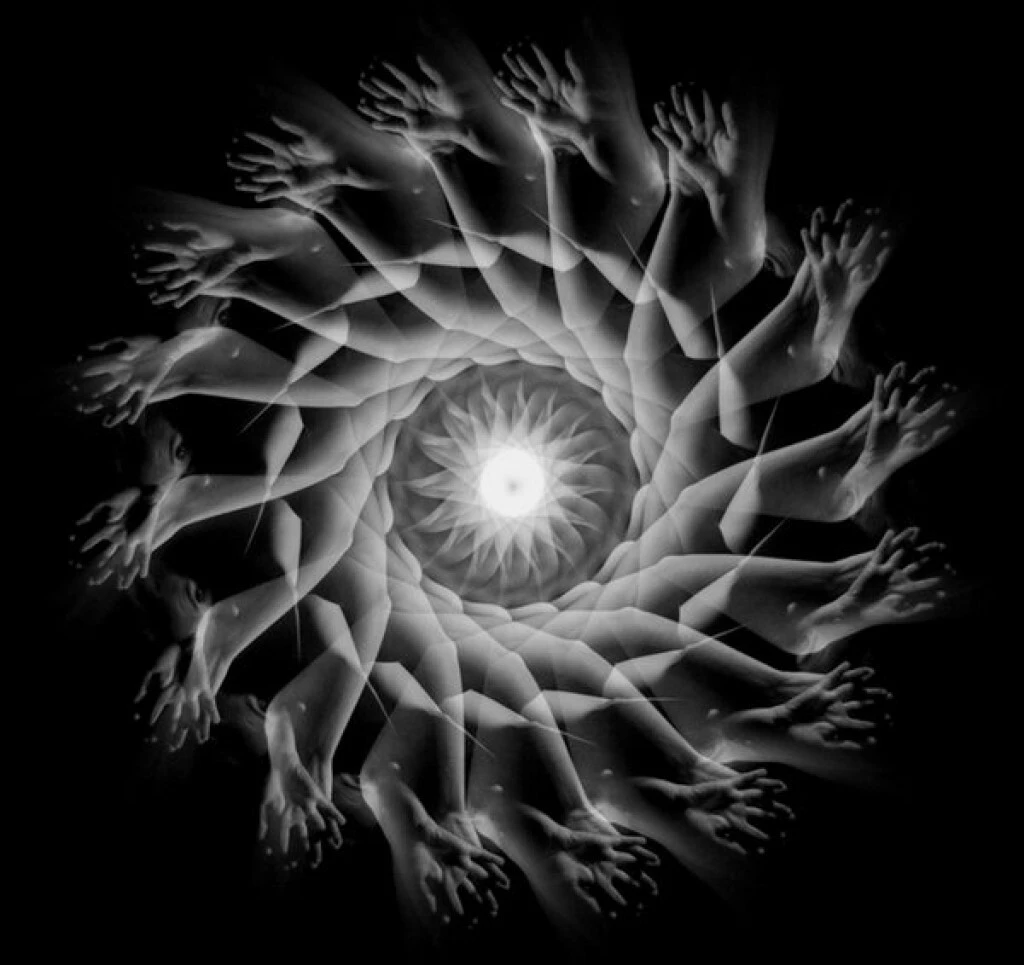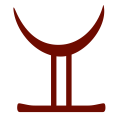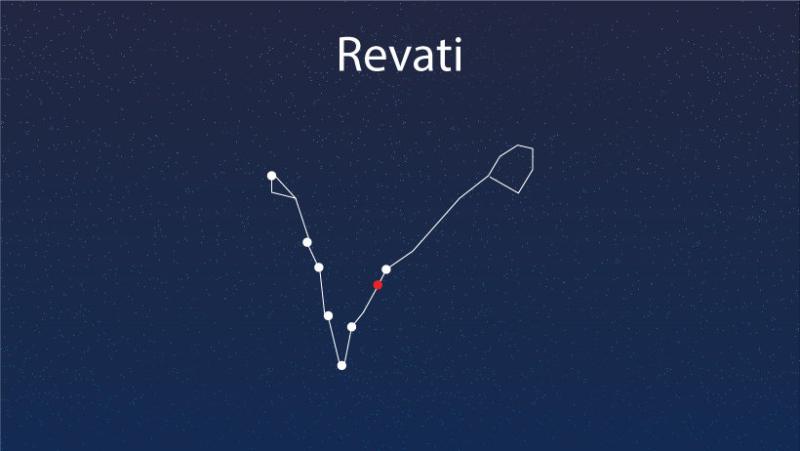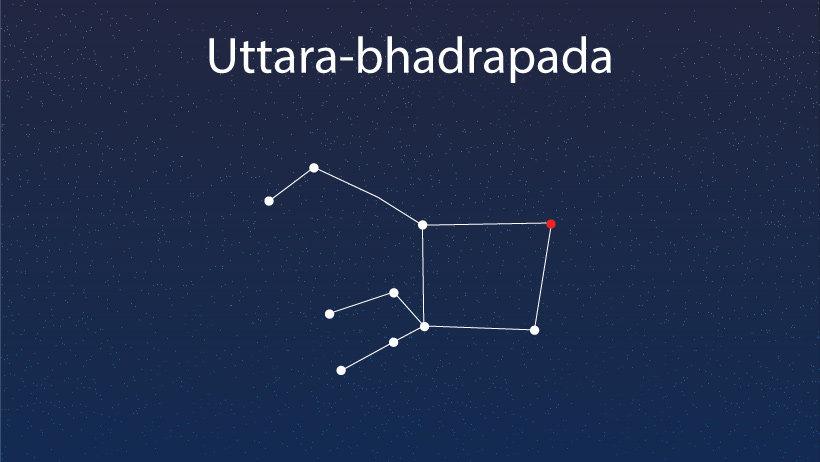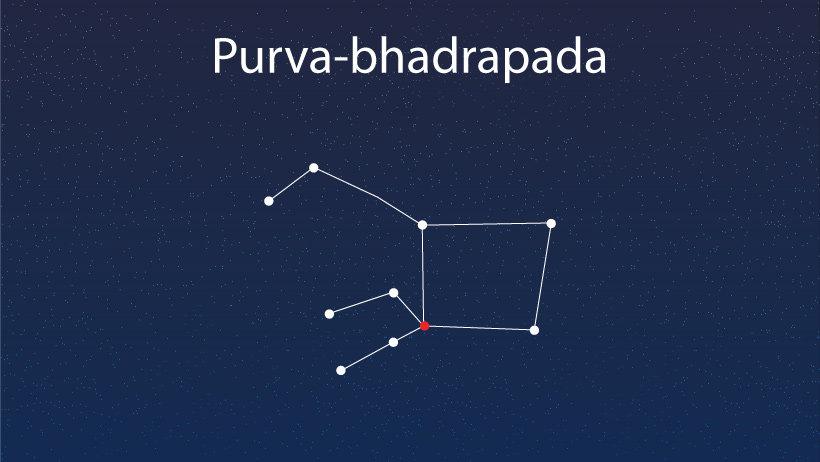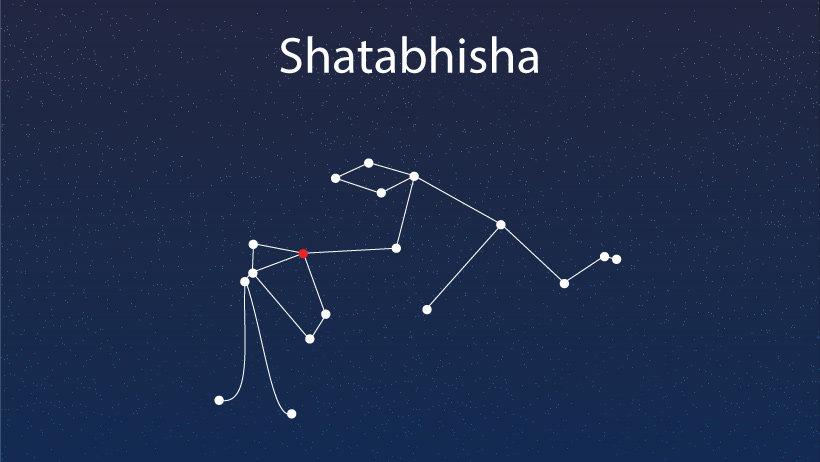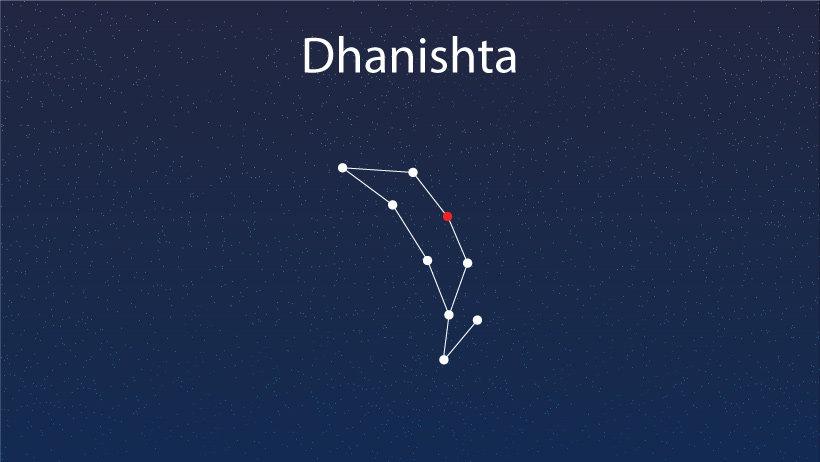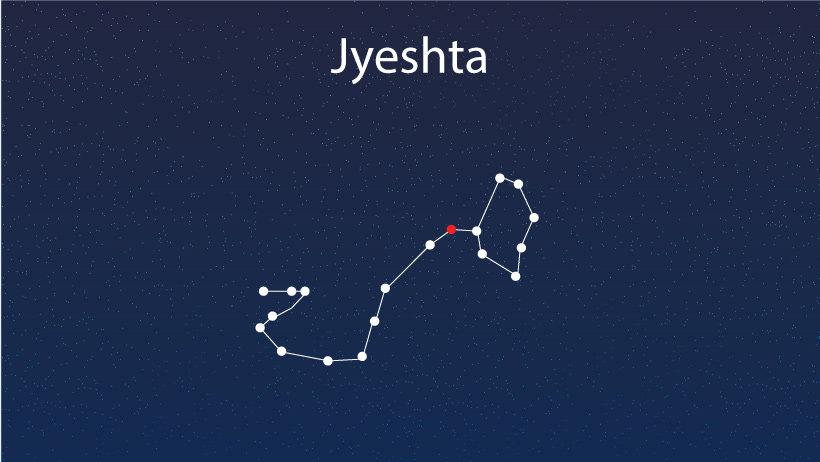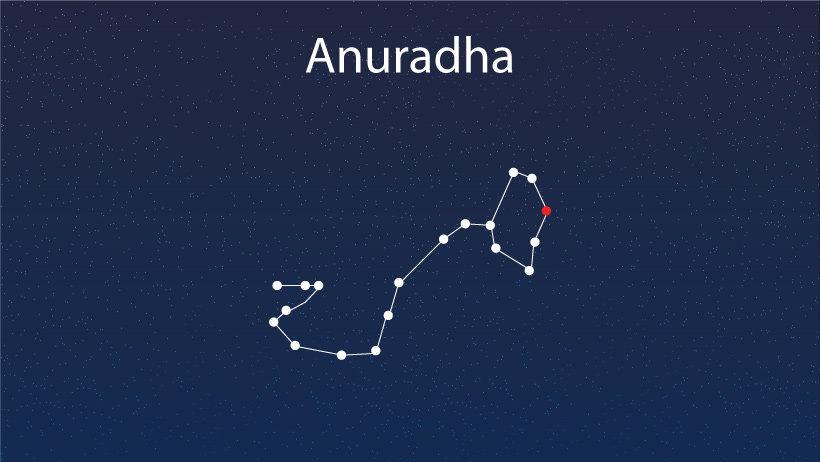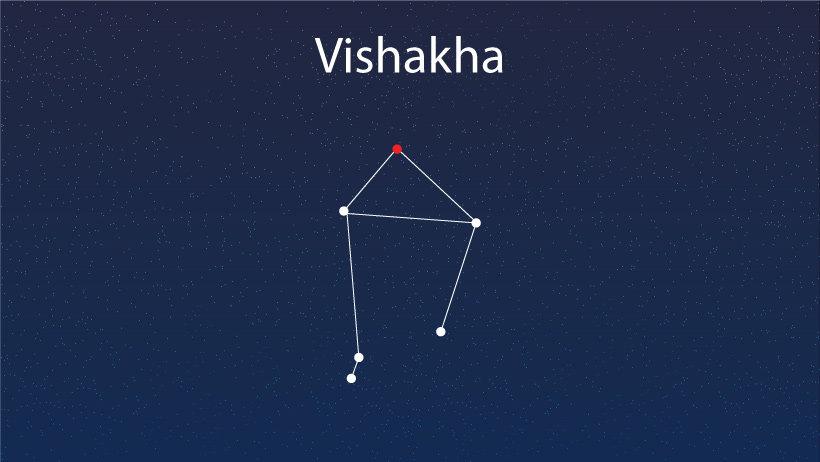
#mrigashira #nakshatra
Zodiac Sign: Taurus/Gemini
Degree: 23:20 in Taurus - 6:40 in Gemini
Purusharth: #Moksha
Deity: #Soma (God of #Nectar)
Gana: #Devata
Direction: #East
Two Sanskrit words are combined to form the word Mrigashira, Mriga, which means #deer, and Shira, which means #head. Consequently, the word Mrigashira can be translated as the head of a deer when used collectively. Mrigashira nakshatra is occasionally referred to as Makayiram nakshatra. The heart rather than the mind governs the people of this nakshatra. They are highly sensitive people who think emotionally and not with their mind. They are fortunate in their careers, but they could run into problems in other areas of their lives.
CHARACTERISTICS:
You have a natural curiosity and are excellent at research work. You are always open to learning new ideas about emotions, psychology, and otherworldly realms. Your only goal is to gain more expertise and information. You have a keen mind and have a broad understanding of numerous topics. Your disposition is one of courtesy, good humor, friendliness, and enthusiasm. Your brain and mind are constantly working, and you are constantly having new ideas. Meeting new individuals and offering assistance to them offers you comfort. You treasure adhering to the teachings and leading a modest life. Additionally, you have fair and unbiased opinions.
You have amazing communication skills and the talent of a great poet and singer. Furthermore, you are in no way inferior to anyone when it comes to humor and satire. Typically, you steer clear of disputes, controversies, and arguments. It gives the impression that you are a sheep, which is untrue. The reality is that you want to treasure the best parts of your life and give no weight to the unnecessary stuff. You think that success and happiness are based on support and love.
You place a lot of value on logic, which is why you examine everything in great detail. You have a strong sense of faith in your ideas and views. You act politely toward people and anticipate the same behavior in return. But regrettably, it never does. You must use caution while interacting with friends, partners, and family members because you have a history of lying. You possess a unique leadership quality. You strive to start all the new projects and address all the issues.
SUITABLE JOBS FOR THOSE BORN UNDER MRIGASHIRA NAKSHATRA:
Music, Artist, Writer, Construction business, Textile industry, Occult sciences
MEN BORN UNDER MRIGASHIRA NAKSHATRA - CHARACTERISTICS:
They believe that if they reveal their actual emotions to others, others will mock them and reject them. As a result, people frequently keep their emotions to themselves and much less so express who they really are. He has also experienced pain in the past, therefore he finds it difficult to trust others. Even while they may appear to trust you, they really don't. In addition to all of these traits, the males born under the Mrigashira nakshatra are also a little irritable and dislike having their personal space invaded. A native will also go to great lengths to make someone else happy if they begin to love and trust them.
The native will be devoted to his family. There is a possibility that he won't get along well with his father, but this will start to change over time and when he gets thirty-five. Mrigashira nakshatra male marriage life may have a rough start. In the early stages, they might feel some discomfort and run into certain issues, but everything will be alright later. They will have a strong bond with their spouse and serve as their rock. The native's children will also be his greatest source of strength as he ages.
WOMEN BORN UNDER MRIGASHIRA NAKSHATRA - CHARACTERISTICS:
The native will be inherently materialistic. Nothing in the world will make them happier than receiving expensive presents and stuff. The native has some traits that are domineering, irritable, and forthright. She will never be afraid to express her opinions, and this will be the main reason why she gets into so many arguments. Additionally, the native will experience a superiority complex and believe she is superior to everyone and everything. They won't change to be kind or kind, but rather be remembered for her scathing remarks and sharp rejoinders.
Her family won't be very fond of the native. Her personality features and qualities may be the cause of this. Additionally, there is a potential that the native will not have a good relationship with her mother, which could contribute to her demise. Additionally, she will exercise dominance in her relationships. She will also never be happy with what she already has and will always want more. One of the main reasons she and her partner split up was due to this.
COMPATIBILITY:
Compatible with people born in Pushya Nakshatra, Rohini Nakshatra, Anuradha, and Shravana Nakshatra.
WEALTH FOR MRIGASHIRA NAKSHATRA INDIVIDUALS:
They made wise choices, which will result in a good influx of cash. Additionally, the native will do well in school. Additionally, the native will have a strong desire to learn new things and will like imparting their expertise to others. The native will find greater success in their professional lives in the business sector as opposed to the service sector. The natives could lose all of their money, though, due to poor money management abilities. This will be the main source of worry and stress for the locals. He will never run out of money since he is bad at managing his money.
MRIGASHIRA NAKSHATRA #PADAS:
1st Pada (Leo): Creative and Artistic, Attention seeker, Self-centered
2nd Pada (Virgo): Good communication skills, Kind and Forgiving, Strong Mind
3rd Pada (Libra): Materialistic, Fond of Luxury, Fair and Just, Gregarious
4th Pada (Scorpio): Argumentative, Overthinkers, Observant, Genius
SIGNIFICANCE OF DIFFERENT PLANETS IN MRIGASHIRA NAKSHATRA:
Venus: The native excels in financial problems while Venus is in Mrigashira nakshatra. Therefore, the native will gravitate toward academic disciplines like math and finance. Additionally, there are excellent prospects for the local to succeed in allied professions like investment banking, stock market management, etc.
Jupiter: Jupiter's position in this nakshatra tends to make a person have a highly devoted and caring partner. Additionally, there is a probability that the native will give birth to a child prior to getting married.
Rahu: Rahu causes Mrigashira nakshatra's native to have an extremely aggressive nature and makes them insensitive. In addition, the native will become estranged from their family as a result of their anger problems.
#Mars: Mars in Mrigashira nakshatra makes the native exceptionally skilled in tasks involving study. As a result, the native will also be quite knowledgeable in science and may decide to make a career out of conducting scientific study.
Sun: Such individuals find it difficult to have peace in their life. Their success will result from their constant need for more, which they will always have. Additionally, the native will have a never-give-up mindset, which when coupled with their hunger for more, will ensure success.
Moon: Moon in Mrigashira nakshatra enhances the beauty and attractiveness of the native. Additionally, as a result of this, the native will draw attention everywhere they go. They also earn a spot on everyone's good list due to their amazing sense of humor, moral principles, and good character.
Mercury: An individual may become restless due to Mercury's placement in this nakshatra. Additionally, the person will also be mentally fickle and unstable.
Saturn: An individual is more likely to suffer significant losses when Saturn is in this nakshatra. Additionally, the native speaker won't be very adept at communicating.
Ketu: An individual with Ketu in this nakshatra is more likely to have a mystic temperament. They will also turn out to be highly spiritual people in their later years.

